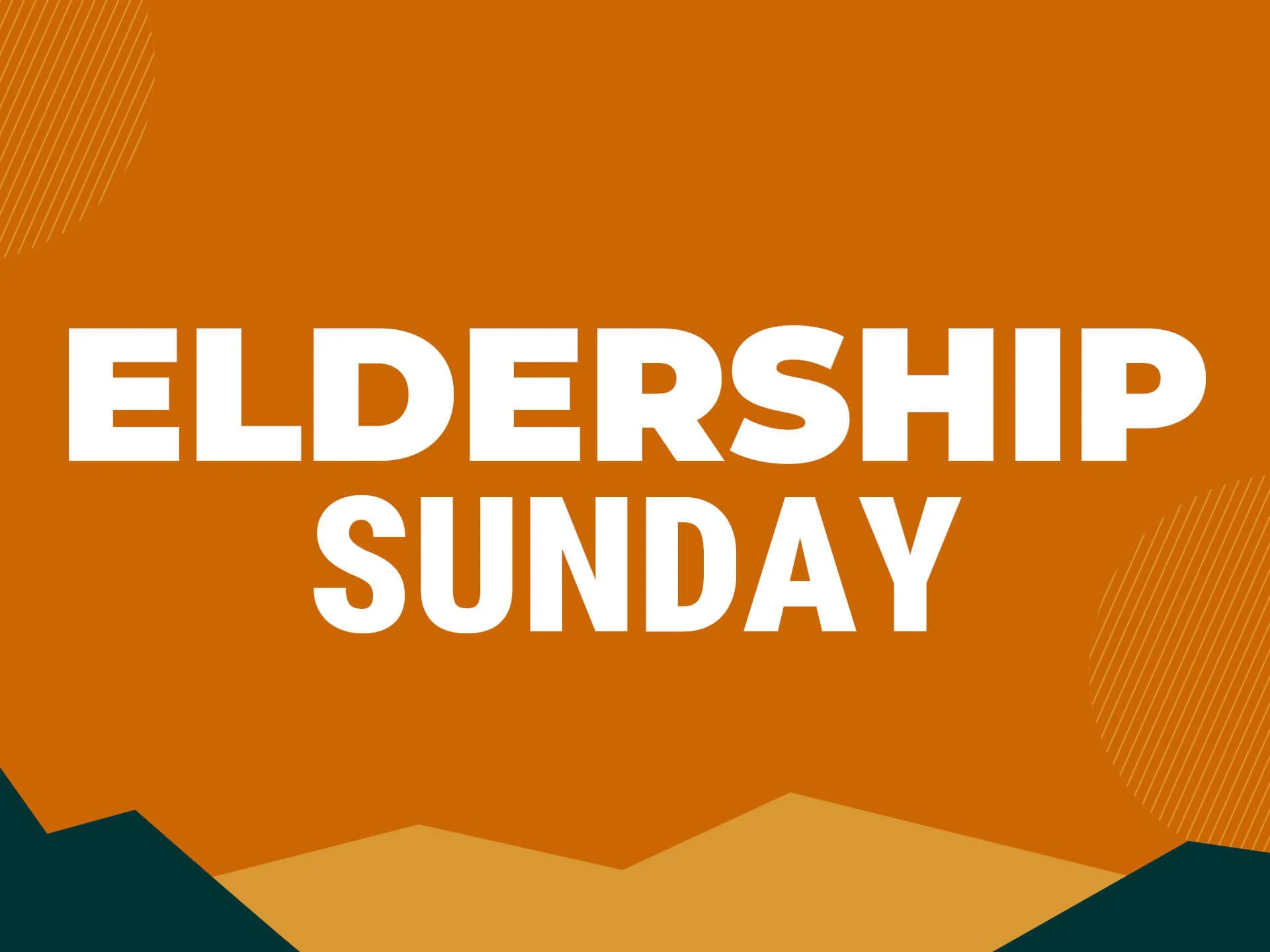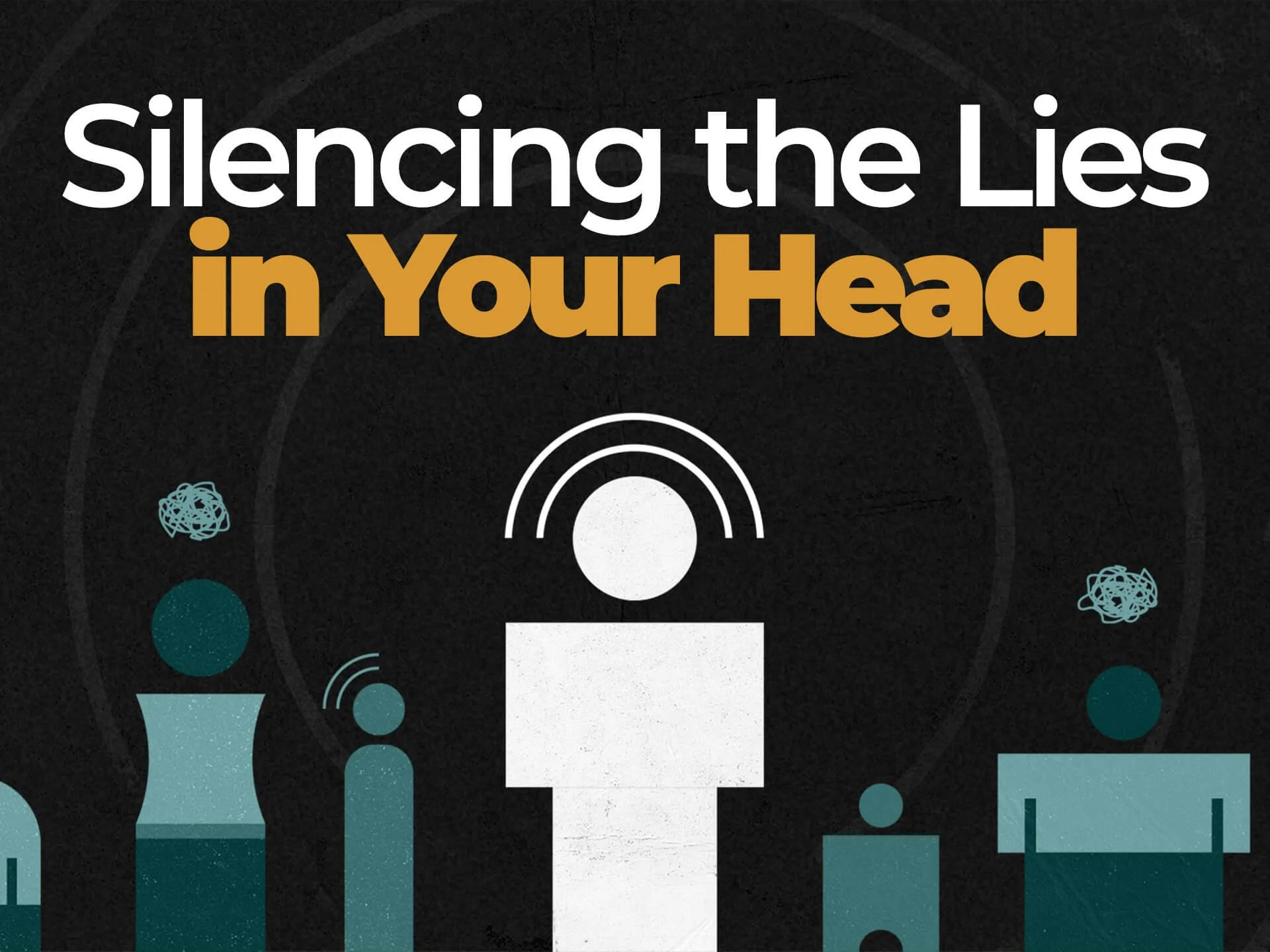Questions for Jesus | Don’t You Care?
About this series:
In each of the gospels we find Jesus asking questions of his disciples, the crowds and his opponents. And we also find Jesus being asked questions - by his disciples, the crowds and his opponents. Here, we will take 10 questions people asked of Jesus, the first from Luke’s gospel to set up the series and then the rest from Matthew’s gospel.
As well as working through the specific passages, we will aim to encourage people to consider what questions they would like to ask Jesus. The hope is that by looking at Matthew’s gospel in this way, we will see more clearly who Jesus is, be inspired to follow him and learn to be honest about our own questions as we grow to become more like him.
About this talk:
This first question comes in the short account of Jesus at Martha’s home. It appears that Martha and her family were well known to Jesus (see John 11:1-44) and we know from other passages in the gospels (see John 11:1; 12:1-3) that she and her sister, Mary, and brother, Lazarus, were from Bethany, less than two miles east of Jerusalem (John 11:18).
The question “Lord, don’t you care” comes in a setting where Mary “sat at the Lord’s feet listening to what he said” (v 39), while “Martha was distracted by all the preparations that had to be made (lit. was distracted about much service).” Mary has adopted the posture of a disciple, learning from Rabbi Jesus and yet there are preparations to be made for the teacher and his guests, as any good host would know - she had “opened her home to him,” which would include preparing a meal.
Jesus and his disciples often travelled together and would find hospitality in the villages they visited. Martha’s question in full was, “Lord, don’t you care that my sister has left me to do the work by myself?” While Mary is listening to Jesus, there is still work to be done - a home to maintain, food to prepare, chores to do - and Martha is clearly upset that Jesus appears not to be addressing the clear inequality between the sisters, one sitting while the other does all the work. She then supplies Jesus with the solution: “Tell her to help me!”
Luke records that Jesus considers Martha to be “distracted” (over-occupied, dragged away, cumbered) by all the serving to be done and as a consequence misses the one, better thing that Mary has chosen. Her busyness and service had left her “worried and upset about many things”, while Mary’s posture of listening at the feet of Jesus had left her satisfied in the one, better thing.
But that is probably not Martha’s only (or even primary) objection. What she wants is for Jesus to tell her sister to get back into her place - in the kitchen. N. T. Wright explains, ‘The real problem was that Mary was behaving as if she were a man. In that culture, as in many parts of the world to this day, houses were divided into male ‘space’ and female ‘space,’ and male and female roles were strictly demarcated as well. Mary had crossed an invisible but very important boundary within the house, and another equally important boundary within the social world.’ 1 And she was sitting at Jesus’ feet as if she was one of his students.
Kenneth Bailey comments, ‘In all likelihood [Martha] is thinking: This is disgraceful! What will happen to us? My sister has joined this band of men. What will the neighbors say? What will the family think? After this who will marry her? This is too much to expect!’ 2
So what is Jesus really saying? He is clearly not criticising Martha’s service per se. Jesus himself has come to serve and he is clear that we are to humbly serve one another. There was nothing wrong, in itself, with seeking to be hospitable to Jesus and his disciples. But Jesus is doing at least two things in his response:
He is breaking down traditional barriers. If the men could sit at Jesus’ feet and listen to him as disciples, so the women could also. Women are invited to follow him just as men are.
He is calling Martha to join Mary in receiving real food from him rather than prepare food for him. Bailey rephrases Jesus’ reply in these words: ‘Martha, Martha, you are anxious and troubled about many things. I understand the entire list. One thing is needed. What is missing is not one more plate of food, but rather for you to understand that I am providing the meal and that your sister has already chosen the good portion. I will not allow you to take it from her. A good student is more important to me than a good meal.’ 2
But there is something in Mary’s question that we can all identify with; times at which we may all have wondered if Jesus does, in fact, care. We all have questions for Jesus. Financial pressures arise, ill health strikes, a relationship breaks down and we wonder, “Lord, don’t you care?” We pray for a friend or family member and nothing seems to happen - “Lord, don’t you care?” And even if we know deep down that he does care, the challenge of unchanged circumstances can lead us to doubt his character. In that sense, we can all relate to this question and so this is a helpful starter to a series in which we are encouraging people to be honest in asking Jesus their questions.
Being with Jesus must involve a relationship which is real enough to be able to bring our questions to him. The Psalms, particularly, make asking questions a normal part of a relationship with God. You may be able to give some examples of your own, times when you have wrestled with questions for Jesus.
Audio only
Questions for Discussion:
Question 1
In what ways do you think asking God questions help or hinder our relationship with God? How does your cultural background influence how comfortable you do or don't feel in regard to asking God questions?
Question 2
"Processing questions with God and God's people is how we learn to find answers, but also learn to find peace when there is no answer. Questions don't always need to be answered, but they do need to be validated"
What do you think was meant by that and how has that worked in your life for?
(The above two questions can be done as a full group.)
Smaller Group Activity:
When we have a question, we need to focus on what we do know and not on what we don't know. Break into smaller groups of 4(ish) and between you, find at least 4 or 5 verses that remind us what we do know - that God is all-knowing and that he is all-loving.
Then share which of those verses is most pertinent to you at this point of time that you need to hold firmly to especially if you're waiting for an answer.
"When you can't trace his hand, trust his heart." - share a story of when you've had to trust God's heart when you couldn't see his hand.
Prayer:
Close by praying for one another (in smaller groups maybe) to have a fresh revelation of God's loving heart even if they can't trace his hand at the moment.












